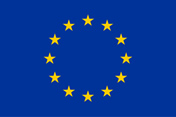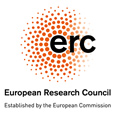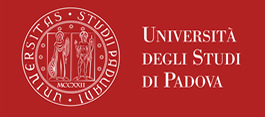Team
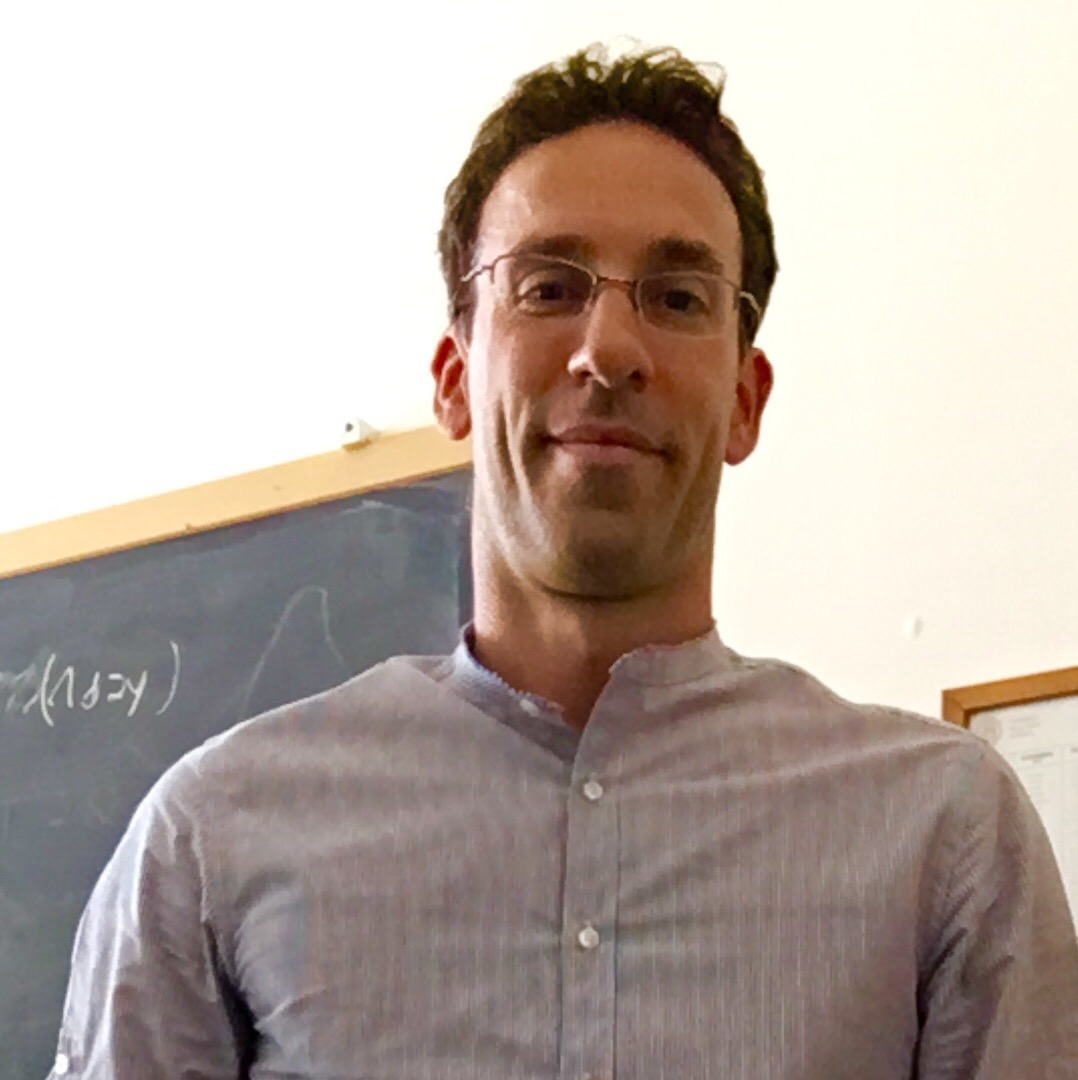
Gianluca Botter holds a degree in Environmental Engineering and a Ph.D in Environmental Modeling from the University of Padova, where he’s currently full professor.
He has contributed more than 90 papers in peer reviewed international journals including PNAS, Nature Scientific Reports, Geophysical Research Letters, Environmental Research Communications, Earth’s Future (google scholar H-index=30).
He is Editor of the journal “Hydrological Processes” (Elsevier) and member of the Editorial Board of “Advances in Water Resources” (Wiley).
In 2017 he got an ERC Award from the European Union for the research project “DyNET: Dynamical river networks: climatic controls and biogeochemical function”.
His scientific interests include the characterization of river networks and streamflow regimes, the analysis of water quality patterns in space and time and the interactions between ecohydrological processes and anthropogenic activities, with particular emphasis on the effects of river regulation on freshwater.
+39.0498275434
gianluca.botter@dicea.unipd.it
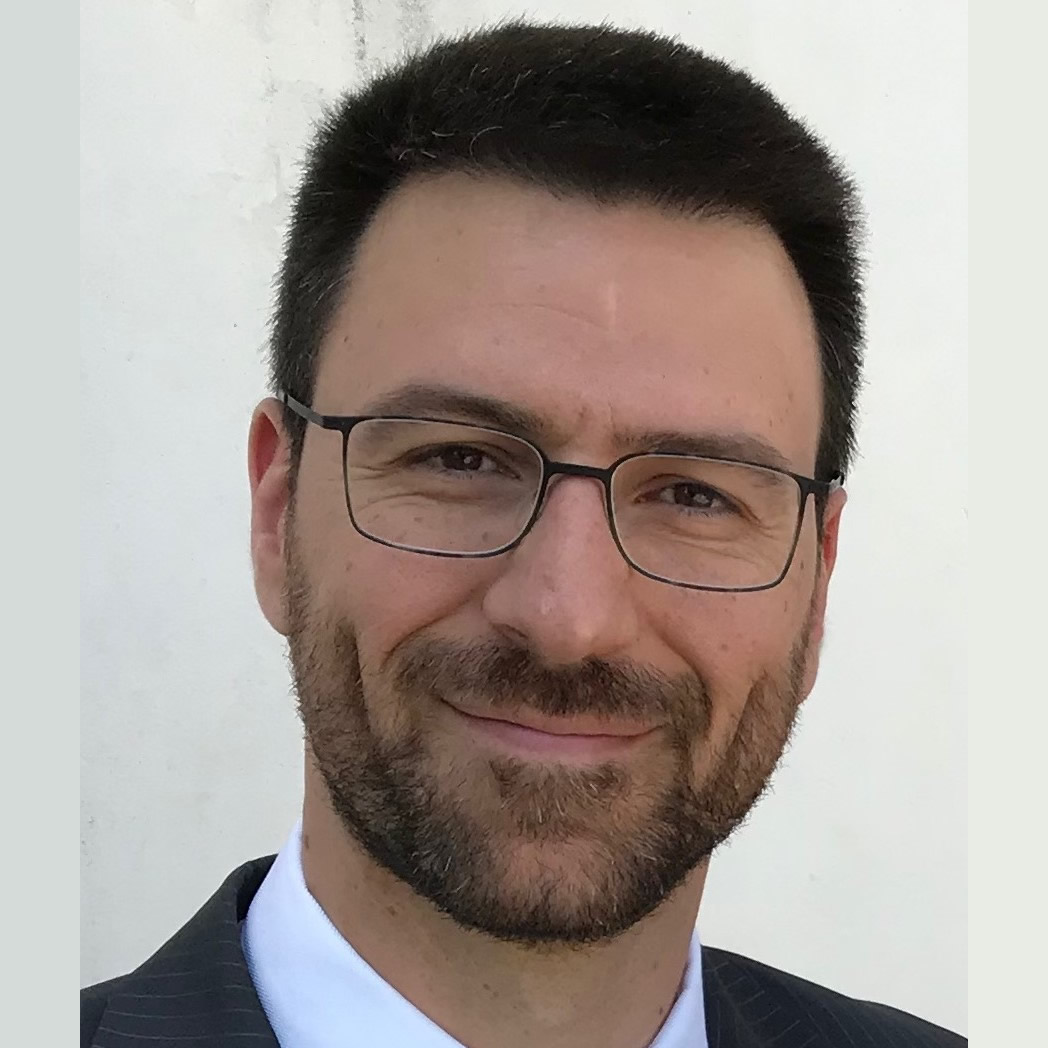
Matteo Camporese is an associate professor in the Department of Civil, Environmental and Architectural Engineering of the University of Padova (Italy), with expertise in surface and subsurface hydrology and water resources engineering.
His research focuses mainly on coupled surface-subsurface hydrological modeling and data assimilation, while his teaching experience includes a variety of courses for graduate and undergraduate civil and environmental engineering programs, such as groundwater hydrology, water distribution and urban drainage systems, hydraulic infrastructure and constructions, river engineering.
He is author or coauthor of more than 40 refereed papers in scientific journals and international conferences, with an h-index of 16 and more than 1000 citations (source: Google Scholar).
He has been awarded a Fulbright Research Scholarship in 2019 and he is an associate editor of Hydrogeology Journal (Springer) since 2018.

Nicola Durighetto holds a degree in Environmental Engineering and a Ph.D in Civil, Environmental and Architectural Engineering Sciences from the University of Padova, where he is currently a Research Fellow.
The master thesis was carried out at the University of California, Irvine and consisted in the evaluation of the response of freshwater mussel population to various stochastically generated hydrological scenarios.
The Ph.D was carried out at the University of Padova, within the ERC project Dynet. His thesis dissertation regarded the dynamics of the flowing network in temporary streams. His work included the monitoring of an Italian headwater catchment, the development of a Bayesian theoretical framework and the implementation of empirical and stochastic models.
His research activities within the ERC project DyNET also include the monitoring and modeling of carbon dioxide fluxes from the surface waters to the atmosphere.
His research interests comprise the development of advanced ecohydrological models for the description of environmental systems and the design and realization of low-cost sensors for environmental monitoring.
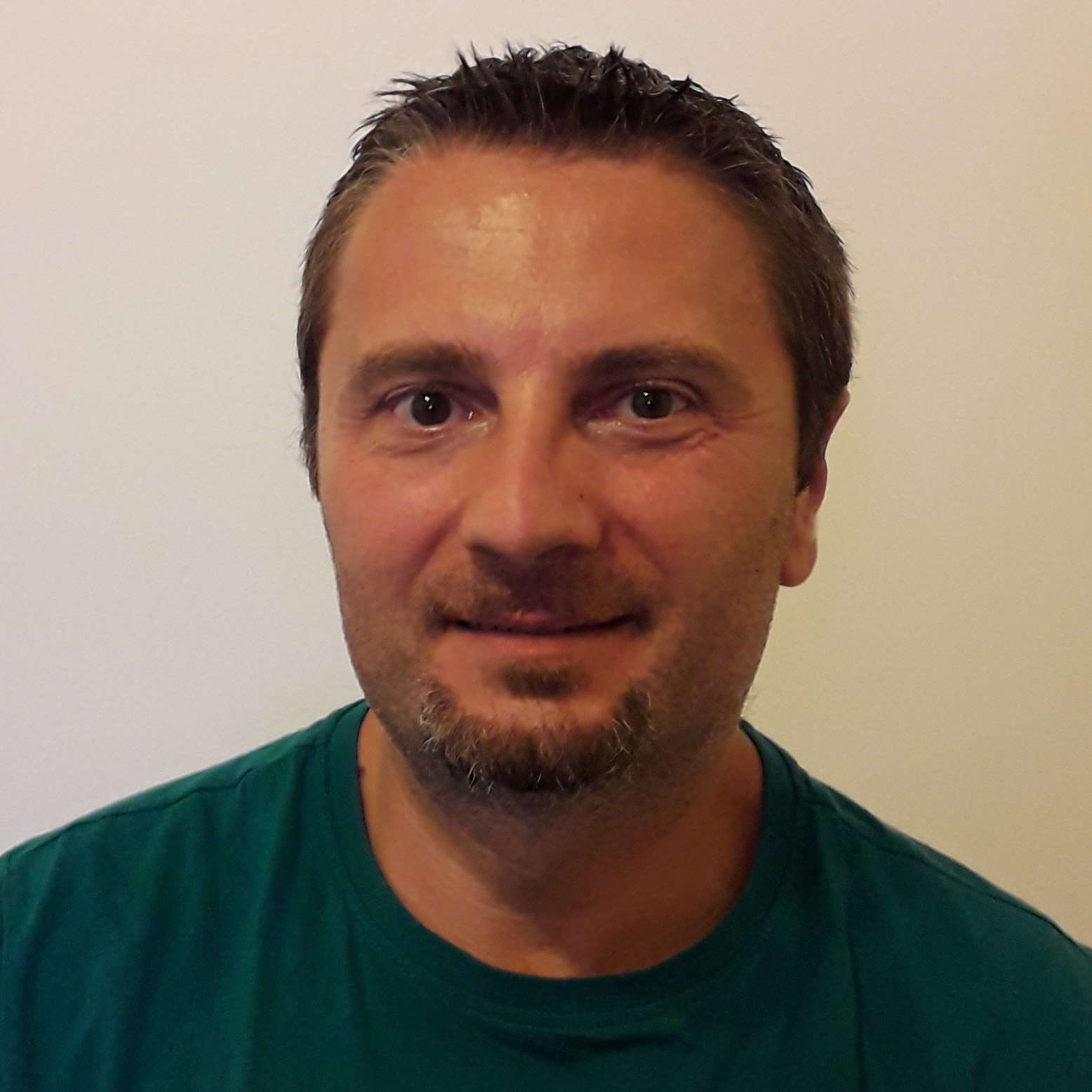
Massimo Micieli, born in Goppingen (Germany) on 29/12/1973.
Degree in Geological Sciences. PhD student at the University of Padua, School of Civil, Environmental and Architectural Engineering.
Research fields: geomatics, UAV (Unmanned Aerial Vehicle), geology, hydrology, hydrochemistry.
His research activities refer to the observation and modeling of the expansion and retraction dynamics of the Turbolo Creek catchment, located in Calabria (southern Italy), in the context of the ERC DyNET project (Dynamical River Networks: climatic controls and biogeochemical function), with particular reference to the use of UAVs for the acquisition of detailed data both with aerial photogrammetric and thermographic techniques.
He’s author of the book “Aerial survey with Drones” (in Italian, Dario Flaccovio Publisher).
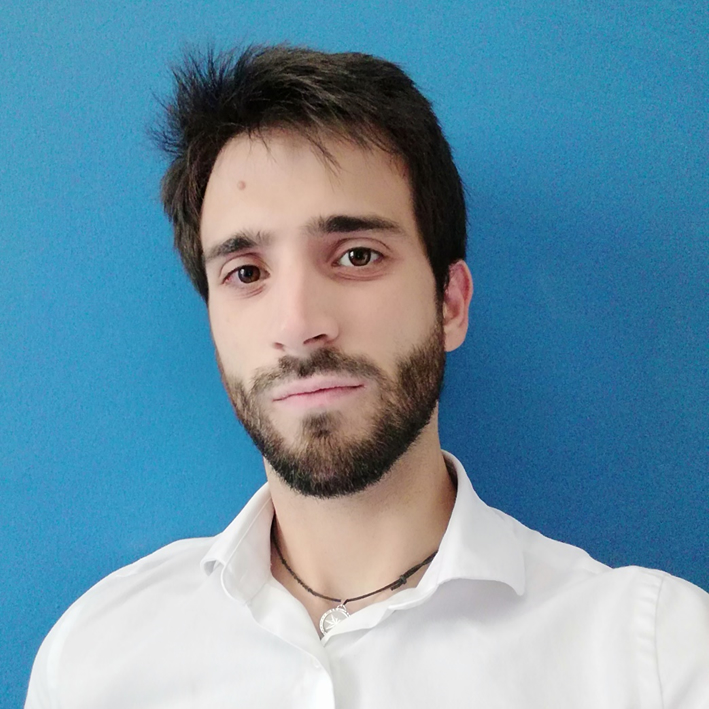
Simone Noto graduated from Tuscia University with a Master Degree in Forestry and Environmental Sciences. During his studies, he was interested both in hydrology and in monitoring of hydrological phenomena aimed to the management of hydrological risk.
He is interested in the effects that this phenomena have, in particular, on forest environment. The aim of his Master Degree Thesis, in the context of the Citizen Science project POP-Rain, was building an Android Mobile App to involve citizens in observation and collecting some parameters about rainfall events.
As a PhD student, at University of Padova, he takes part in the ERC project DyNET “Dynamical River Networks: climatic controls and biogeochemical function”.
He analyses the expansion and shrinking dynamics of river networks and their impacts on the runoff at Montecalvello catchment (VT), located in central Italy, in temperate climate type with intense storm observed in the fall and spring and a dry season in the summer.
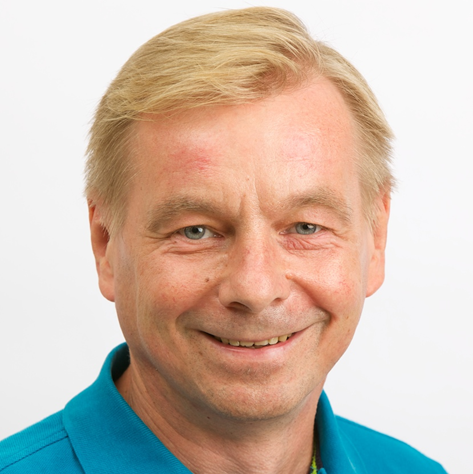
Mario Schirmer is hydrogeologist and geophysicist (Swiss and Canadian, born 1964 in Germany).
He received his PhD at the University of Waterloo (Ontario, Canada) and his habilitation at the University of Tübingen (Germany).
From 1999 until 2001 postdoctoral research fellow at the UFZ. From 2002 until February 2008, Mario Schirmer was head of the Department of Hydrogeology at the UFZ.
In addition, he was Prof. for Hydrogeology and Modelling at the Martin-Luther-University of Halle-Wittenberg from 2004 until February 2008.
In 2008, Mario joined the Eawag, the Swiss Federal Institute of Aquatic Science and Technology, in combination with an associate professorship at the University of Neuchatel (Switzerland).
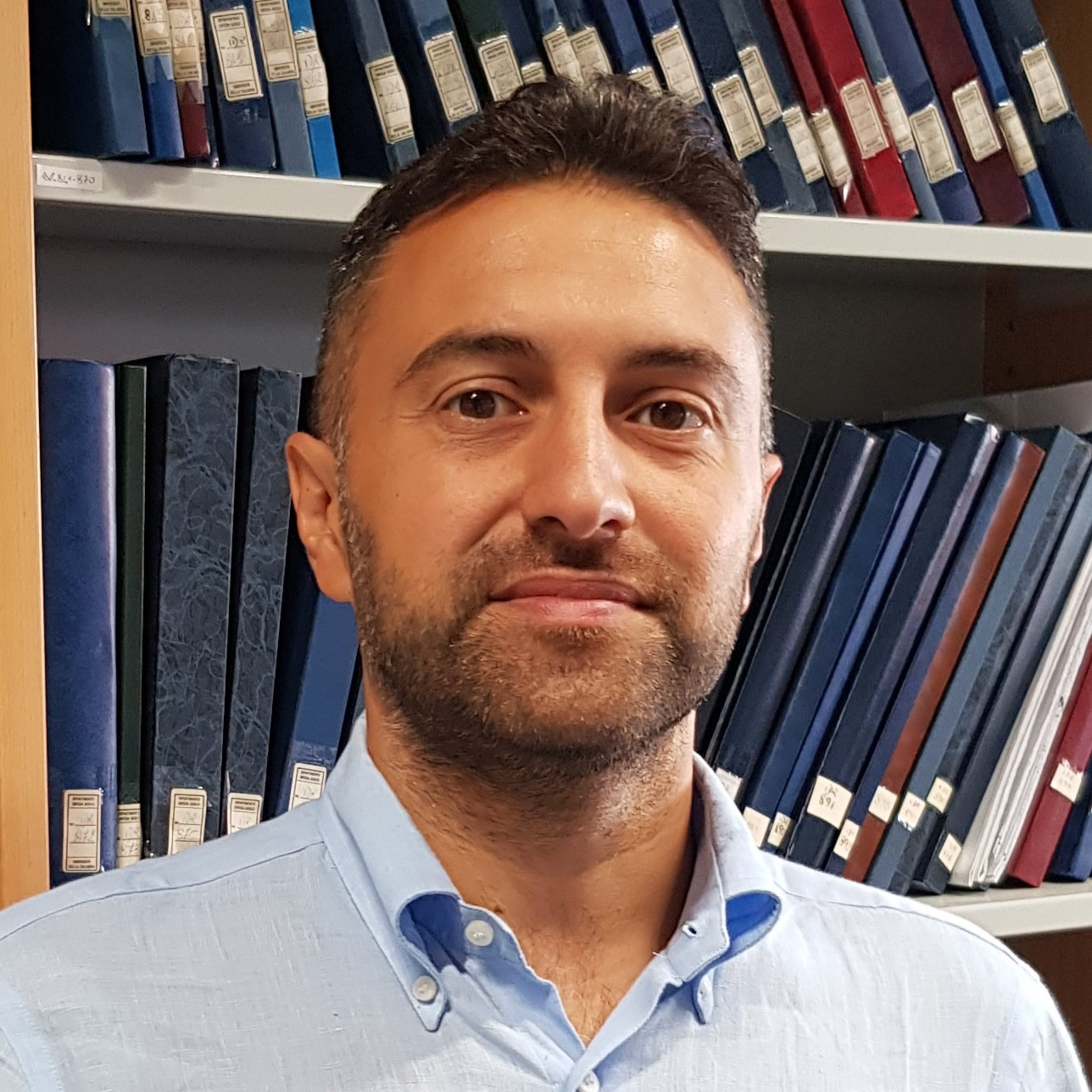
Alfonso Senatore (M) holds a PhD in Environmental Hydraulic Engineering (2006) and a National Scientific Qualification (ASN) as Associate Professor (2016) in Hydrology and Hydraulic Engineering, and is currently Assistant Professor at DIATIC, where he holds a course on monitoring and forecasting of hydrometeorological and maritime risks within the Master’s Degree in Environmental Engineering.
His research activity, leading to several ISI referenced papers, focuses on fully coupled eco-hydrological and atmospheric-hydrological modeling at different spatial scales, land surface interactions, early warning, climate change impacts, water resources management and micrometeorological measurements.
He participated as task responsible to several national and international research projects (PON, POR, INTERREG, H2020), was appointed as expert within the EU funded IWRM-NET Scientific Coordination Project and awarded with several national and international grants, among which a DAAD (German Academic Exchange Service) Research Stay for University Academics and Scientists. Researcher unique identifier: 0000-0001-9716-3532 (https://orcid.org/0000-0001-9716-3532)
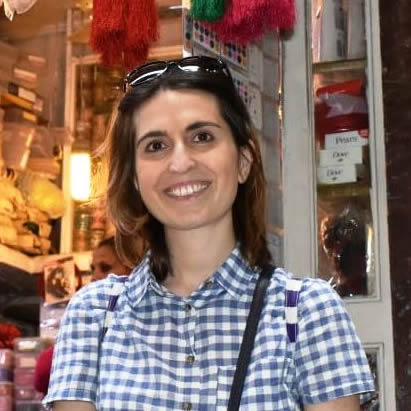
Flavia Tauro is Assistant Professor with tenure at the University of Tuscia, Viterbo, Italy. She received her B.Sc. and M.Sc. degrees in Environmental Engineering from “Sapienza” University of Rome, Italy, in 2007 and 2009, respectively, and her M. Eng. degree in Civil and Environmental Engineering from the Massachusetts Institute of Technology, Cambridge, in 2009.
In 2014 she graduated with a Ph.D. in Hydrology from “Sapienza” University of Rome and a Ph.D. in Mechanical Engineering from New York University Tandon School of Engineering. She was the recipient of the 2013 American Geophysical Union Horton (Hydrology) Award; the 2014 Gruppo Italiano di Idraulica (Gii) Award for Doctoral Thesis in Water Engineering; and the 2019 International Union of Geodesy and Geophysics (IUGG) Early Career Scientist Award.
Flavia’s research interests entail the design and creation of innovative systems to sense the hydrological cycle. She was among the first researchers to integrate image analysis techniques with unmanned aerial systems technology and furthered a range of fully noninvasive measurement systems for surface flow observations. Since 2010, she has coauthored more than 30 papers in the top journals in Hydrology.
Since 2015, she is serving as Chair of the Measurements and Observations in the XXI Century (MOXXI) working group of the International Association of Hydrological Sciences.

Alessandro Cenzon graduated in Mathematical Engineering from the University of Padova, Italy, mostly focusing on analytical and numerical models for Science and Engineering.
His master thesis concerned the development of a general theoretical framework to capture the impact of river network dynamics on the hillslope length distribution. This work led to the derivation of different models for the hillslope lengths, that have been tested on several real-world catchments, from Italy and North America.
During his previous studies, he has spanned the area of Applied Mathematics, ranging from dynamical and complex systems to advanced programming skills for numerical simulations.
He gained general knowledge of information and control theories and algorithmic design throughout his bachelor. Particular interest is devoted to environmental applications and phenomena, such as surface flows, water resources management and meteorological events.
alessandro.cenzon@studenti.unipd.it

